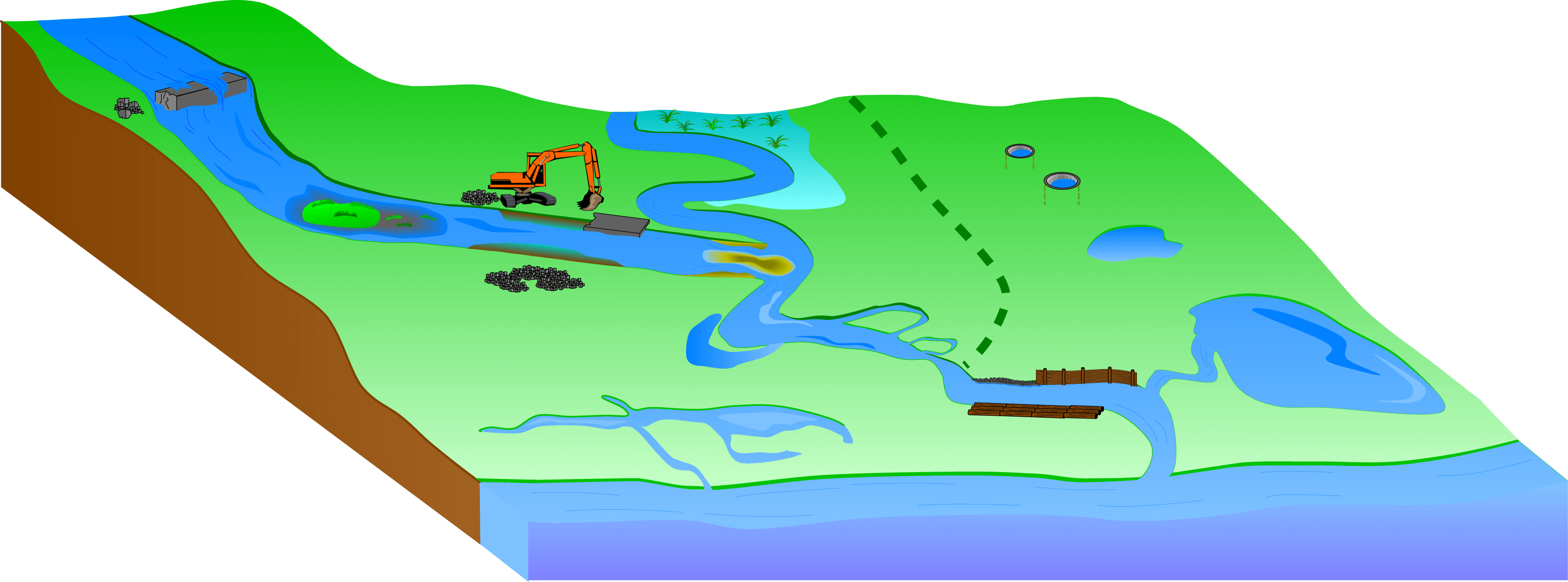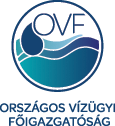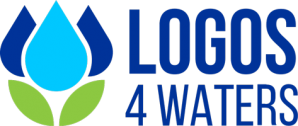Natural Water Retention Measures (NWRM)
Local communities are affected by climate change impacts all around the world. These risks can be embodied in different forms of extreme events, but most of them are water related due to the lack or excess of water. In Hungary periods of water scarcity and drought become more frequent and extend, rain become more unexpected and intense causing growing floods and inland inundations, on account of the predicted 3-5 oC warming in the region. In order to mitigate detrimental effects, and be able to provide effective adaptation measures settlement management must be prepared to handle, relieve and retain water, as well as cooperate with other stakeholders from the water and agriculture sector. Natural approaches of climate adaptation have a multi-advantageous role for protecting water resources and managing related risks.
Natural Water Retention Measures (NWRM) aimed to safeguard and enhance the water storage potential of landscape, soils and aquifers, by restoring and maintaining ecosystems, natural features and characteristics of water courses and by using natural processes. These measures are typically more cost-effective investment approaches that are either flexible/reversible, no- or low-regrets, have built-in safety margins, reduced decision time horizons, or a combination of the above. NWRM put less emphasis on fixed or relatively irreversible engineering solutions. The measures should also seek to yield net benefits irrespective of the climate out-turn. This means that they can be low or no-cost or otherwise be privately profitable, or, more likely, provide benefits in the current climate as well as under possible future climates. Another advantage of NWRM that not only water engineers or construction companies can implement them, but also municipalities, farmers or businesses. Thus NWRM help local stakeholders adapt to climate change locally.

Source: http://nwrm.eu/hydro-morphology
Water is as much important locally as globally. Significant change in water resources is the first impact of Climate Change that local communities, farmers, businesses, inhabitants and local administration recognize and feel. The livelihoods of the people living in the pilot sites is intimately linked with the health of the freshwater ecosystem. The NWRMs that we aim to design and implement will provide benefits for the local economy. This project will demonstrate to incentivise the key stakeholders such as businesses, farmers, investors in the pilot regions that through their own water use in their supply chain and dependence on natural capital, to adopt more progressive and basin-wide actions for water risk mitigation.
Further information: http://nwrm.eu/












